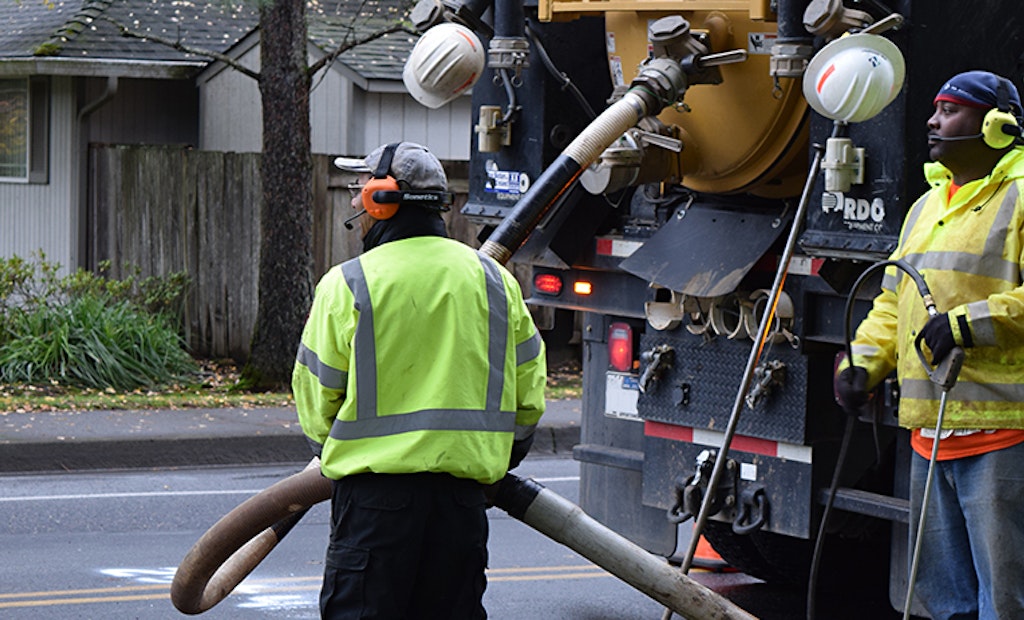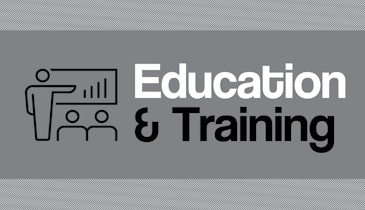Interested in Trucks?
Get Trucks articles, news and videos right in your inbox! Sign up now.
Trucks + Get AlertsConstruction and public works crews need to know where gas lines are before digging, drilling, pile driving, bulldozing or performing any other type of excavation. It’s standard procedure to avoid danger, line damage and service disruptions.
According to the American Gas Association, there are more than 2.4 million miles of pipeline that transport natural gas in the United States.
That’s a lot of pipeline to protect.
Pipelines and hearing protection
Art Colunga and his NW Natural crew pride themselves on protecting their length of pipeline. But locating and marking a gas line can be dangerous work. Heavy road traffic complicates the job even more.
First, the crew sets up a safe mobile work zone. It encompasses Colunga, the crew foreman; a vacuum excavation truck and its driver; and flaggers to manage road traffic. Second, the crew uses a vacuum and a high-pressure water jetter to excavate and locate the pipe without causing any damage. Finally, after taking precise location measurements and clearly marking the pipe, the crew moves down the road to repeat the process.

Exposure to dangerous noise
The work requires full-time situational awareness. The crew’s exposure to dangerous noise includes road traffic (approximately 70-80 decibels), the vacuum excavation truck’s diesel engine (approximately 100 decibels), the vacuum pump, and the high-pressure water jetter (approximately 90 decibels). In spite of the noise, the crew has to:
- Perform precision maneuvers based on voice direction
- Work safely around traffic and ensure the safety of drivers
- Communicate and coordinate while out of the line of sight
- Wear hardhats and other safety clothing
How do Colunga and his NW Natural crew protect hearing while enabling coordinated, real-time communication among all crew members?
Improved situational awareness
Sonetics headsets allow NW Natural to protect the pipes, the neighborhood and their employees while enabling wireless, full-duplex, hands-free communication. For Colunga and his crew, it’s like they’re on a conference call. Except their conference room is a dangerous mobile work zone where they have to hear what’s important. According to Colunga, “I wouldn’t have this hearing problem if I would have had [Sonetics headsets] a long time ago.”
Watch how Sonetics headsets help NW Natural improve efficiency, productivity and safety while protecting more pipeline.






